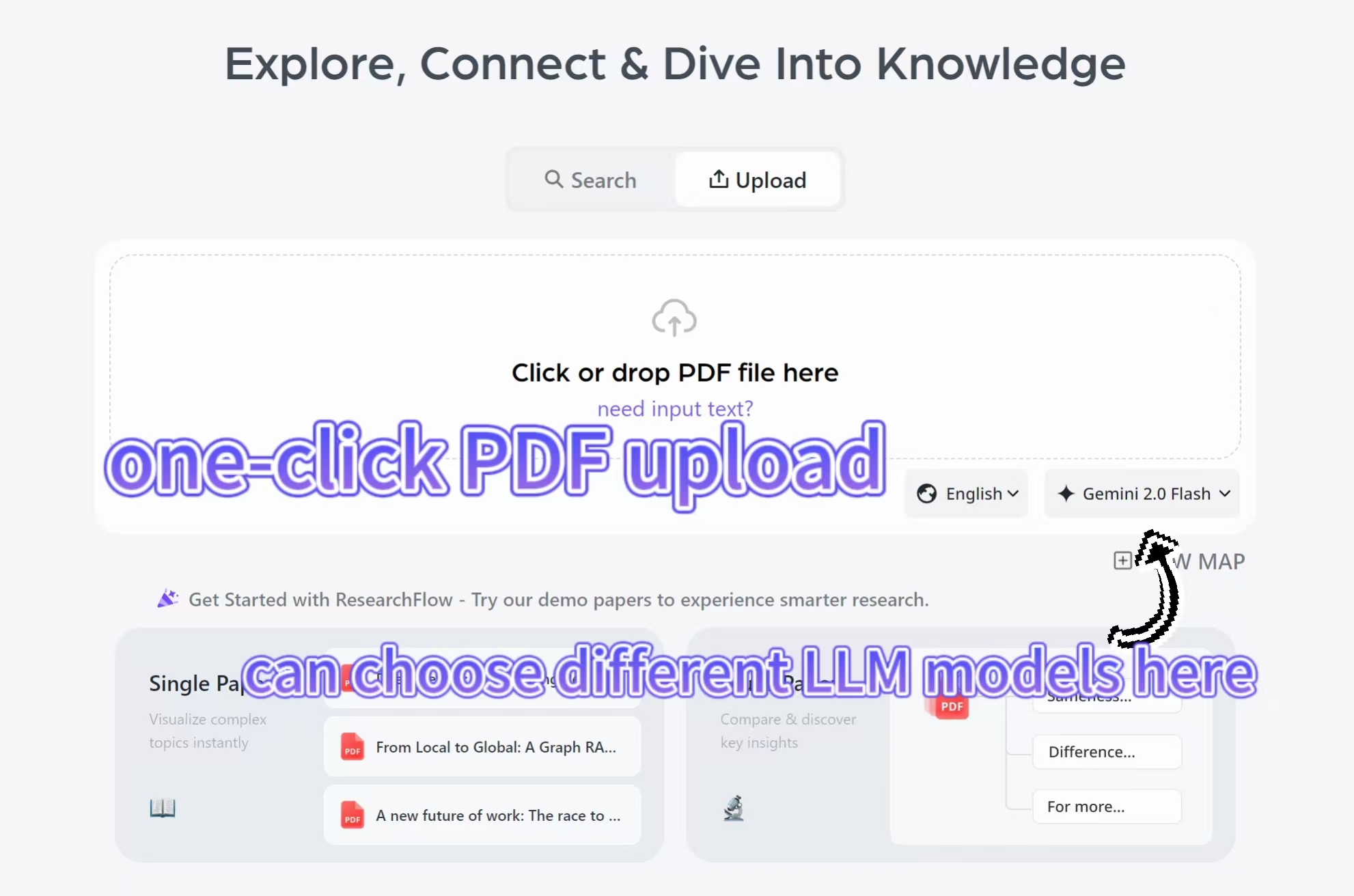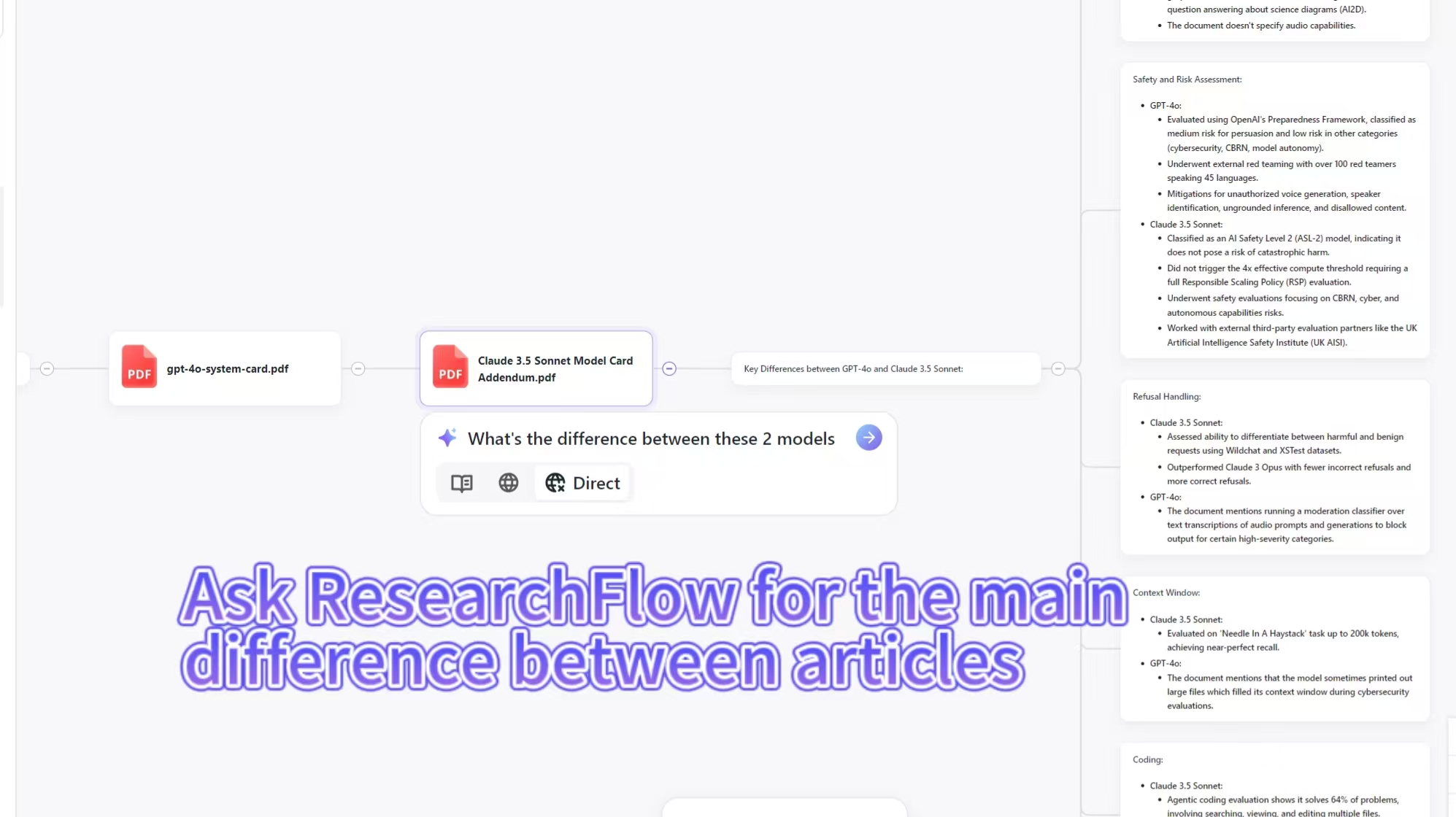
Drowning in a Sea of Data? How AI Research Assistants Rescue Academics
As a researcher or student in today's world, you're likely overwhelmed by the sheer volume of data and information available. From academic papers and reports to online articles and databases, the amount of content to sift through can be daunting. Staying on top of the latest research and making sense of complex topics often feels like a never-ending battle against information overload.
Fortunately, AI research assistants like Ponder are here to revolutionize the way we process and organize knowledge. By harnessing the power of artificial intelligence, these tools are transforming academic workflows, making it easier than ever to navigate the vast ocean of information and extract meaningful insights.

Turning Chaos into Clarity: How AI Research Assistants Streamline Knowledge Management
Traditional methods of knowledge management, such as manually organizing notes and creating mind maps, are time-consuming and inefficient. AI research assistants offer a game-changing solution by automating many of these tasks, saving you precious time and mental energy.
1. One-Click PDF Uploads: Instant Knowledge Extraction
With Ponder, you can simply upload a PDF document, and the AI will automatically convert it into an interactive knowledge map. No more tedious manual note-taking or struggling to grasp the key ideas from dense academic papers. The AI does the heavy lifting for you, extracting the essential information and presenting it in a visually appealing and easy-to-understand format.

2. Multi-Document Comparison: Spotting Similarities and Differences with Ease
Comparing multiple sources is a crucial part of academic research, but it can be a daunting task when dealing with lengthy documents. Ponder's multi-document comparison feature allows you to quickly identify similarities and differences across various sources, saving you countless hours of manual cross-referencing.
3. Integrated Workflow: A Seamless Research Experience
Ponder combines all the essential elements of the research process – searching, reading, note-taking, and questioning – into a single, integrated workflow. No more juggling between multiple tools or applications. Everything you need is conveniently accessible in one centralized workspace, streamlining your research journey and boosting productivity.

Unleashing the Power of Spatial Thinking with AI Research Assistants
One of the most significant advantages of AI research assistants like Ponder is their ability to facilitate spatial thinking – a cognitive process that involves visualizing and organizing information in a non-linear, interconnected manner.
4. Flexible Knowledge Organization: AI-Assisted Mind Mapping on a Digital Canvas
Ponder's digital canvas allows you to create dynamic mind maps and knowledge structures tailored to your specific needs. With the help of AI, you can effortlessly organize and rearrange information, establishing connections and relationships that would be difficult to visualize using traditional linear methods.
5. Progressive Learning Flow: From Framework Building to Deep Exploration
AI research assistants like Ponder are designed to support a progressive learning flow, guiding you from the initial stage of building a conceptual framework to diving deep into specific topics or areas of interest. This approach ensures that you develop a solid foundation before exploring more complex ideas, enhancing your understanding and retention of the material.
Leveraging the Power of AI for Accurate and Authoritative Insights
In addition to streamlining knowledge management and facilitating spatial thinking, AI research assistants offer another significant advantage: access to accurate and authoritative insights powered by cutting-edge artificial intelligence.
6. AI Trained on Millions of Academic Papers: Reliable and Trustworthy Information
Ponder's AI is trained on over 200 million academic papers, ensuring that the information and insights it provides are reliable, accurate, and up-to-date. This vast knowledge base covers a wide range of disciplines, making Ponder a valuable tool for researchers and students across various fields.
7. Beyond Linear Answers: Connected Insights and Permanent Knowledge Structures
Unlike traditional AI chatbots that provide isolated, linear answers, Ponder enables you to build permanent knowledge structures and establish interconnected insights. This approach not only enhances your understanding of complex topics but also fosters long-term knowledge retention and facilitates knowledge transfer across different domains.
Embracing the Future of Academic Research with AI Research Assistants
As the volume of information continues to grow exponentially, AI research assistants like Ponder are poised to become indispensable tools for researchers, students, and knowledge workers alike. By leveraging the power of artificial intelligence, these tools are transforming academic workflows, enabling more efficient knowledge management, facilitating spatial thinking, and providing accurate and authoritative insights.
Whether you're a researcher grappling with vast academic papers, a student struggling to organize complex study materials, or a knowledge worker tasked with making sense of reports and data, AI research assistants offer a game-changing solution. Embrace the future of academic research and unlock new levels of productivity, understanding, and insight with these cutting-edge tools.
Traditional Methods | AI Research Assistants (Ponder) |
|---|---|
Manual note-taking and organization | Automated knowledge extraction and interactive knowledge maps |
Time-consuming cross-referencing | Efficient multi-document comparison and similarity/difference identification |
Fragmented research process | Integrated workflow combining search, reading, note-taking, and questioning |
Linear thinking and organization | Spatial thinking and flexible knowledge organization with AI-assisted mind mapping |
Limited access to information | Access to accurate and authoritative insights powered by AI trained on millions of academic papers |
Isolated, linear answers | Connected insights and permanent knowledge structures |
Key Benefits of Using AI Research Assistants:
Streamlined knowledge management
Efficient multi-document comparison
Integrated research workflow
Facilitated spatial thinking
Flexible knowledge organization
Accurate and authoritative insights
Connected insights and permanent knowledge structures
Who Can Benefit from AI Research Assistants?
Researchers: Extract insights from vast academic papers
Students: Organize complex study materials efficiently
Knowledge Workers & Analysts: Make sense of reports & data effectively
By embracing AI research assistants like Ponder, you can future-proof your academic workflow and stay ahead of the curve in an increasingly data-driven world.